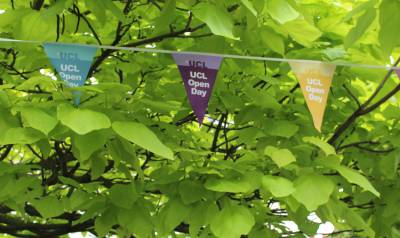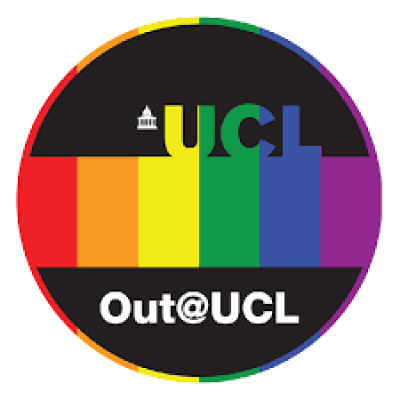How to survive a catastrophe: UCL hosts third risk and disaster reduction conference
5 June 2013
From the East Japan earthquake of 2011 to Hurricane Sandy
last year, disasters are hugely destructive events, even though they happen
only rarely. The UCL Institute for Risk and Disaster Reduction is a
world-leading centre for multidisciplinary research into disasters, how they
happen, how they can be avoided, and how they can be mitigated.
On 14 June 2013, IRDR will hold its third annual conference. Entry is free and open to all. The conference covers a broad range of themes including:
- Does preparing for disasters really save money in the aftermath? The economics of disaster preparedness versus disaster recovery are far from simple, yet they have profound effects on how governments and aid agencies plan their work.
- How does the media cover disasters, and is its reporting benign or harmful? TV coverage of disasters can raise awareness, like it did in the 2004 Boxing Day tsunami. But it can also mislead, as it did in the case of Hurricane Sandy in 2012. Coverage of the storm focused almost solely on the impact in the USA, even though much of the damage occurred in the Caribbean. The growing role of social media in spreading news, such as in the Haitian cholera outbreak, is also a new issue in this field.
- What happens to human rights in disaster areas?
"Risk and disaster reduction is a crucial and socially important area of cross-disciplinary study," says Peter Sammonds, director of IRDR."The conference will be a great opportunity to bring together researchers from different fields, both from within and outside UCL."
The conference takes place from 9am to 7.30pm on 14 June 2013. The sessions are all at UCL's campus in central London. The event is free, but you must register beforehand.
Notes
UCL Institute for Risk and Disaster Reduction is a cross-disciplinary research centre based in UCL's Department of Earth Sciences. Bringing together academics from a range of complementary disciplines, the Institute's key research themes are: the risk society and public perceptions of risk, understanding geological and meteorological hazards, understanding health risks and pandemics, technological hazards, climate change and natural hazards, engineering for hazards and disasters, and managing hazards and disasters. The institute was formed in 2010, and is led by Professor Peter Sammonds.
Registration for the conference is free, and should be completed through the Eventbrite website.
The conference registration desk will be located by the
entrance to the Gustave Tuck lecture Theatre, which is on the second floor of
the South Junction of the Wilkins Building (the UCL front quadrangle). All
talks and panel discussions will take place in the Gustave Tuck Lecture theatre.
The reception, poster presentations, and coffee breaks will take place in the
in the Wilkins Building South Cloisters, directly downstairs from the Gustave
Tuck Lecture Theatre. The lecture theatre is wheelchair-accessible.
Speakers at the conference will include:
- Peter Sammonds, Director of UCL IRDR
- Sir David Omand (keynote speaker), former UK Security and Intelligence Coordinator and permanent secretary to the Home Office
- Joanna Faure Walker, lecturer in risk and disaster reduction at UCL
- Robert Muir-Wood, chief research officer of Risk Management Solutions
- Tony Moore, deputy president of the Institute of Civil Protection and Emergency Management
- Kate Crawford, disaster risk reduction advisor for CAFOD (Catholic Agency for Overseas Development)
- Linda O'Halloran, managing director of Thinking Development
- David Alexander, professor of risk and disaster reduction at UCL and editor-in-chief of the International Journal of Disaster Risk Reduction
- Julian O'Halloran, freelance reporter working mostly in BBC current affairs and environmental issues.
- Tom Sheldon, senior press officer at the Science Media Centre
- Yumiko Horie, programme officer at the United Nations Development Programme
- Ian Davis, visiting professor in disaster risk management at Oxford Brookes, Lund and Kyoto universities, and risk reduction consultant
Related links
- UCL Institute for Risk and Disaster Reduction
- UCL Department of Earth Sciences
- Booking form via Eventbrite
High resolution image
This image can be reproduced freely providing the source is credited
For more information
Yvette Twumasi-Ankrah
UCL Institute for Risk and Disaster Reduction
020 3108 1101
y.twumasi-ankrah@ucl.ac.uk
Oli Usher
UCL Faculty of Mathematical and Physical Sciences
020 7679 7964
o.usher@ucl.ac.uk
 Close
Close




